
Sein-zum-Tode
Limited edition 3/3.
from the first elegy:
'Who, if I cried out, would hear me among the Angelic
Orders? And even if one were to suddenly
take me to its heart, I would vanish into its
stronger existence. For beauty is nothing but
the beginning of terror, that we are still able to bear,
and we revere it so, because it calmly disdains
to destroy us. Every Angel is terror.'
This series of 10 etchings is a response to Rilke's Duino Elegies. The work explores the masculine psyche, sexuality and death through a particular lens influenced by Heiddegerian philosophy.
I consider that reflective 'masculine' has been relatively less explored in contemporary art other than stereotypes or extremes of the archetype. 'Masculine' is a concept in a cultural flux which has had an impact of masculine identity. Rilke was writing when masculine identity was more culturally fixed yet the Duino Elegies provide a sensitive lens for interrogation and connect to contemporary issues.
Sein-zum-Tode Trns. Being-towards-Death is Heiddegerian philosophical terminology which influenced Rilke.
Being-toward-death a way of being rather than advancing death. Heidegger describes to a process of growing through the world by gaining an authentic perspective. Pivotal to the process is dread or death, one of his threefold conditions of Being.
Heidegger highlights that in average, everyday discussions of death, all this is concealed. It is Taboo.
The "they-self" talks about death in a fugitive manner, passes it off as something that occurs at some time but is not yet "present-at-hand" as an actuality, and hides its character as one's ownmost possibility, presenting it as belonging to no one in particular. It becomes devalued — redefined as a neutral and mundane aspect of existence that merits no authentic consideration. "One dies" is interpreted as a fact, and comes to mean "nobody dies"
This aspect of death has increased culturally in contemporary society, paradoxically, death has a greater taboo despite our cultural development.
 Share / Save
Share / Save
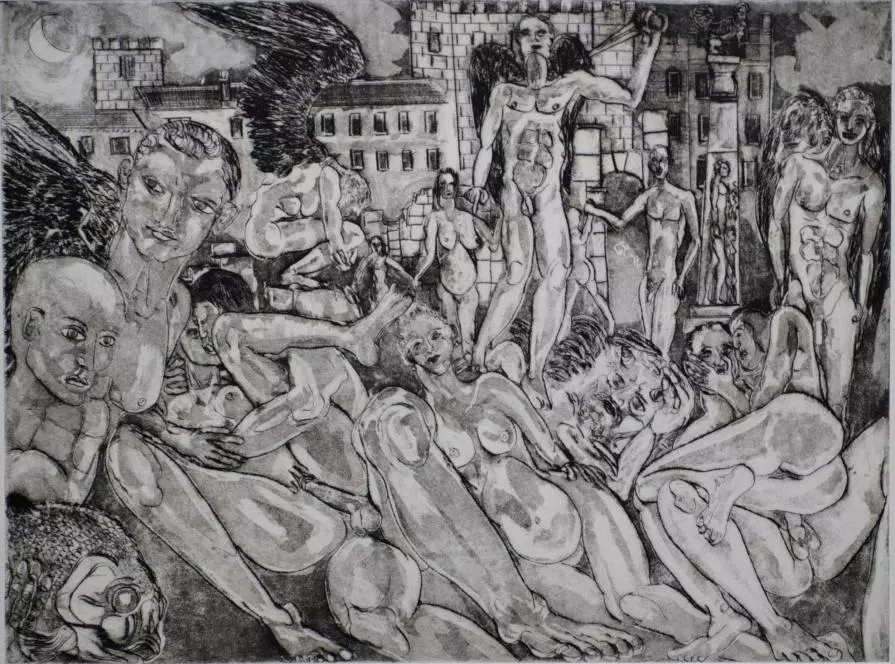
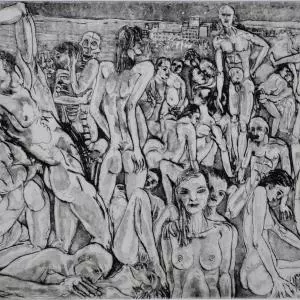
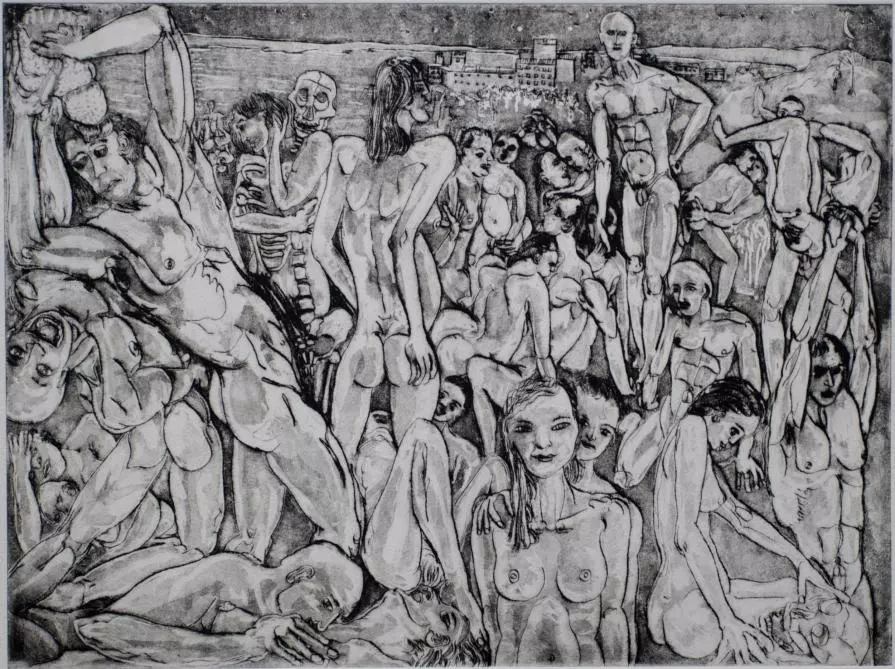
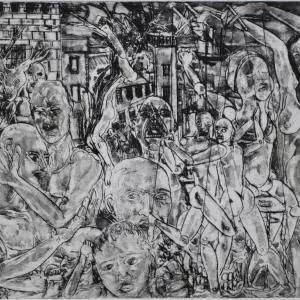
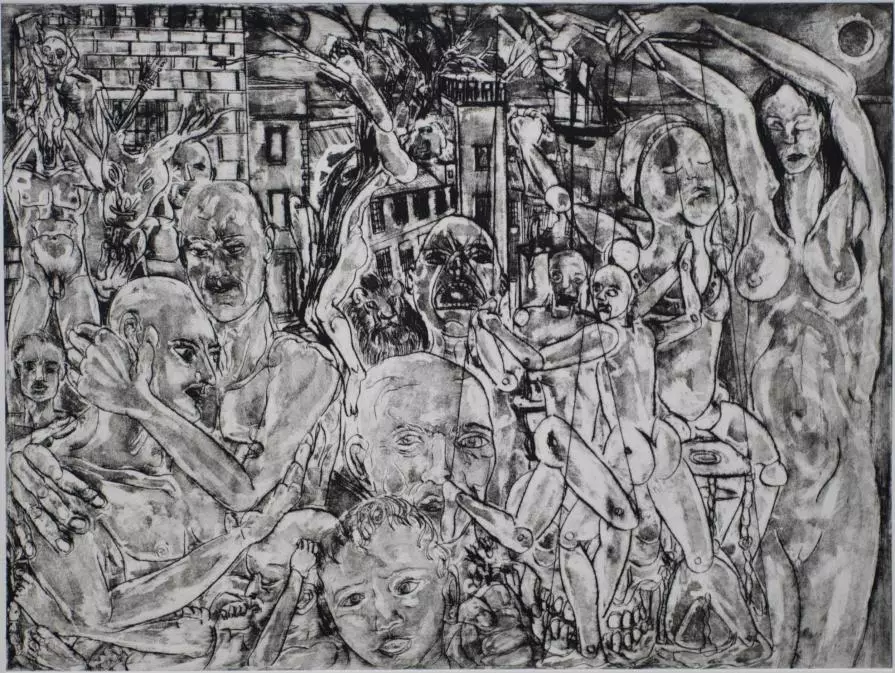
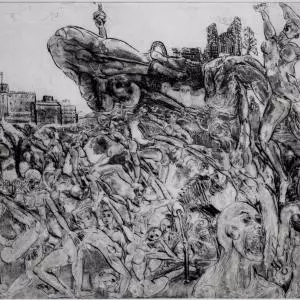
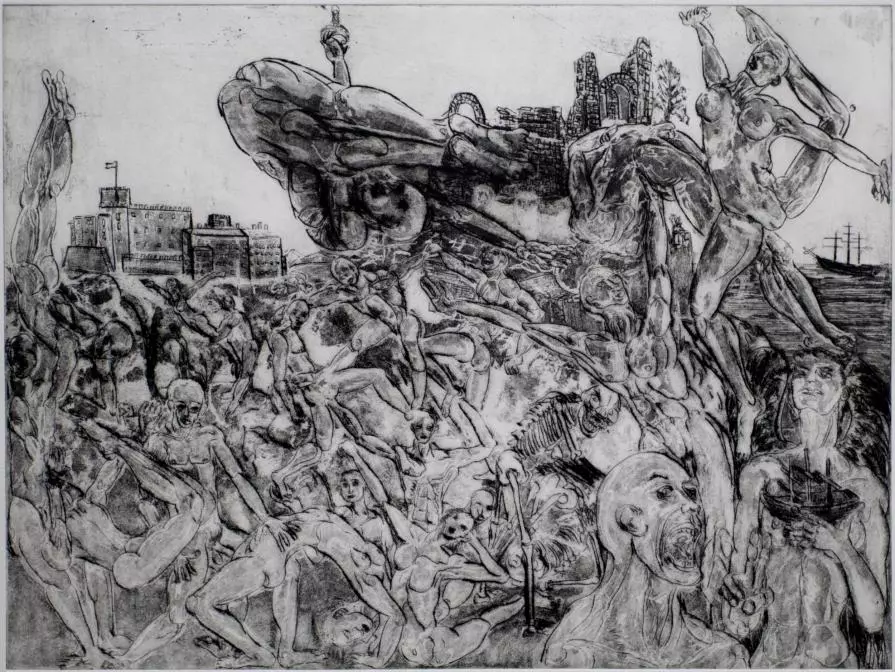
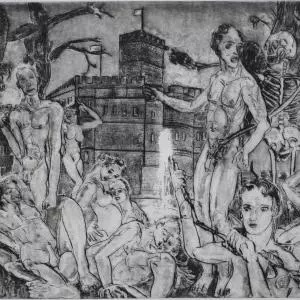
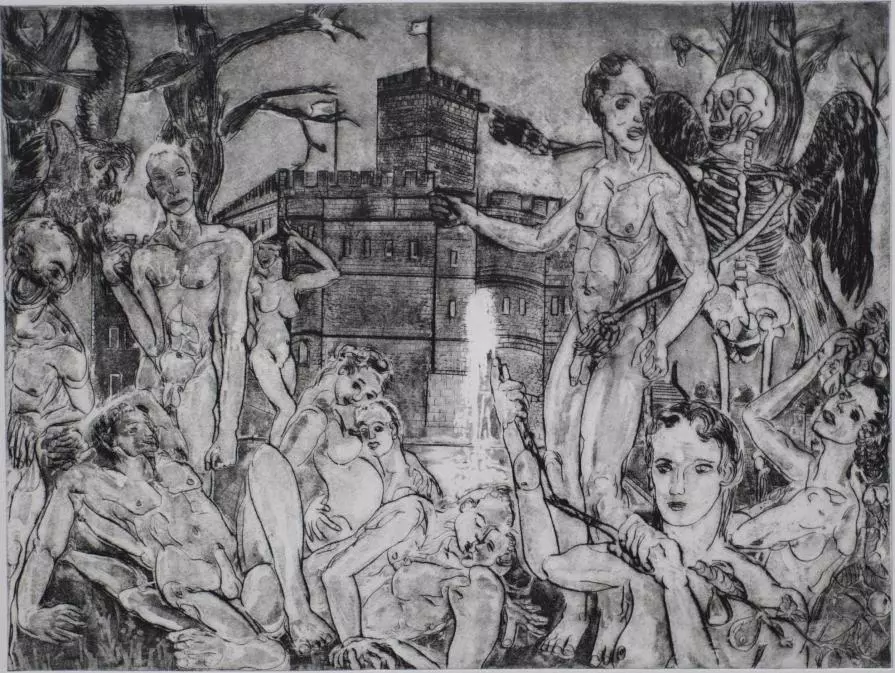
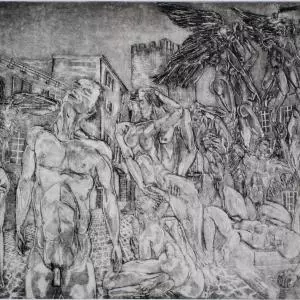
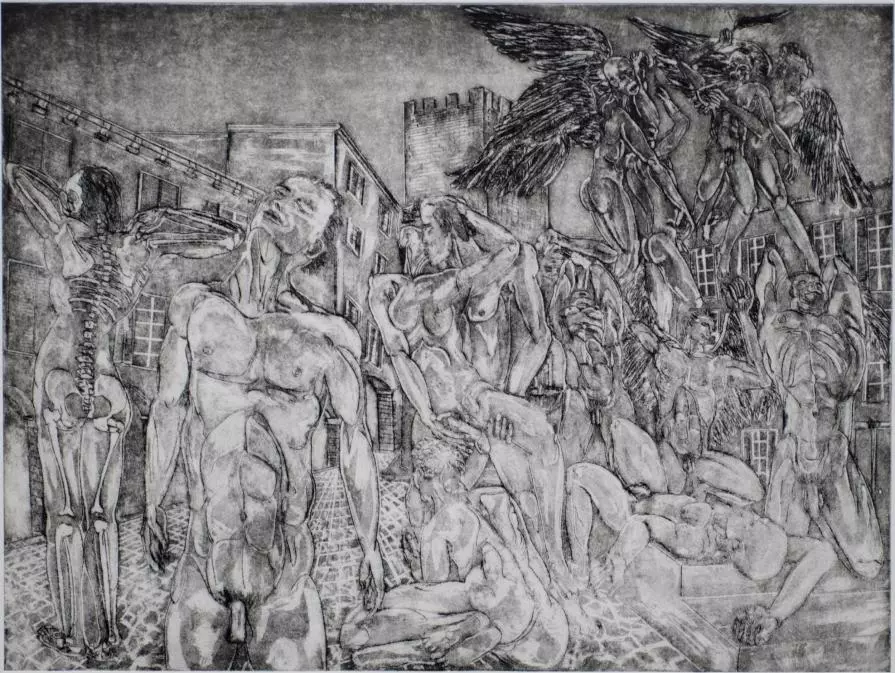
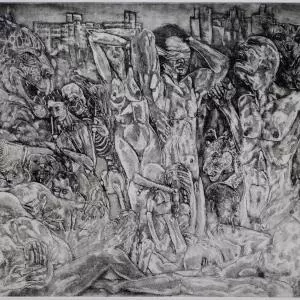
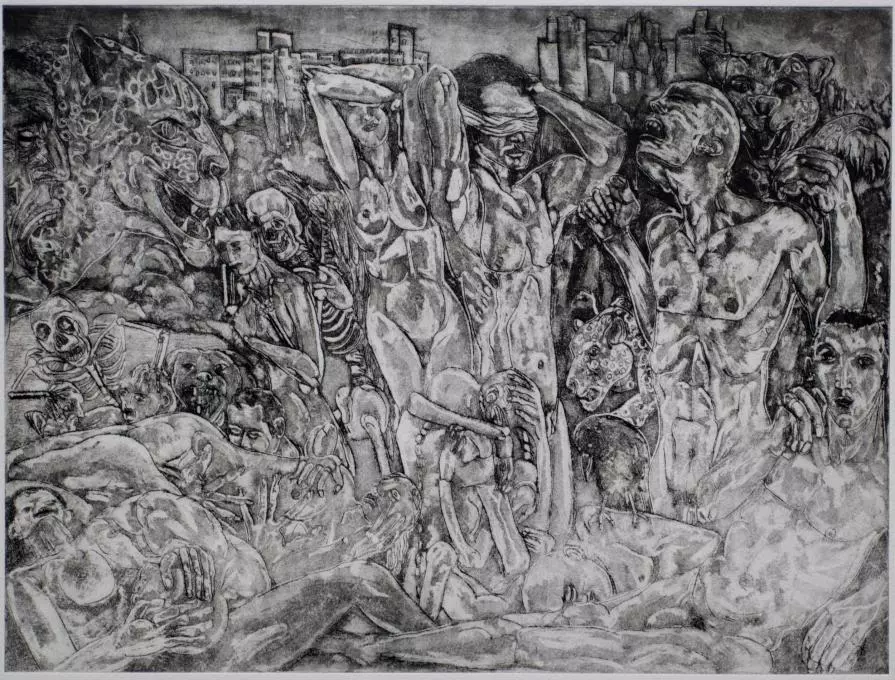

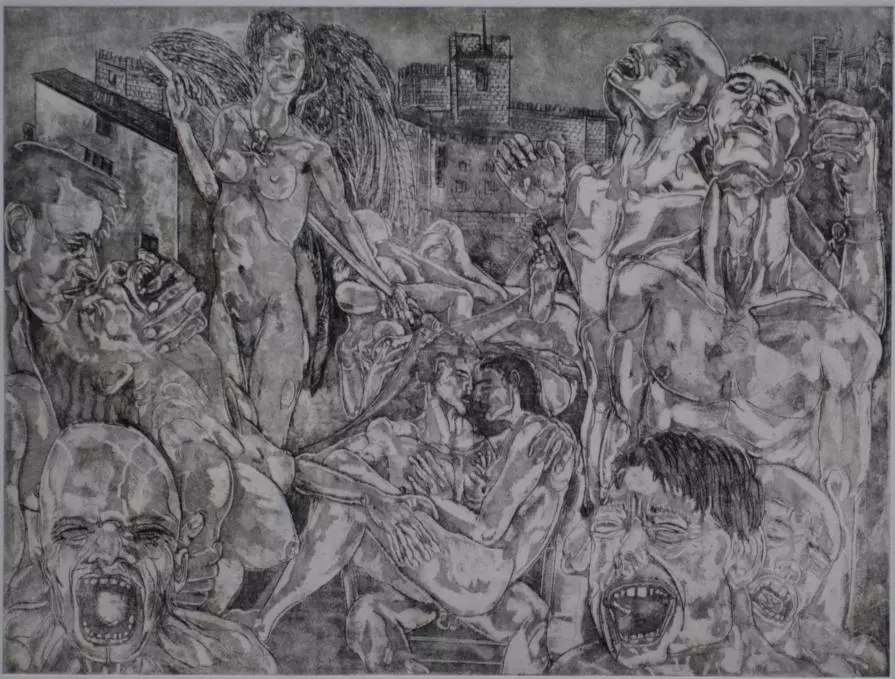

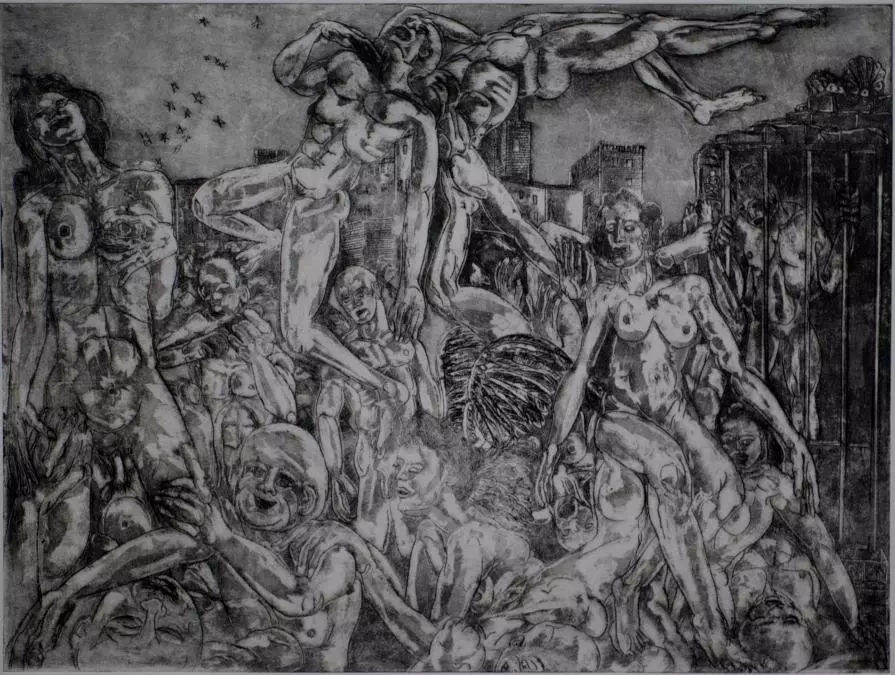






















Commenti 0
Inserisci commento